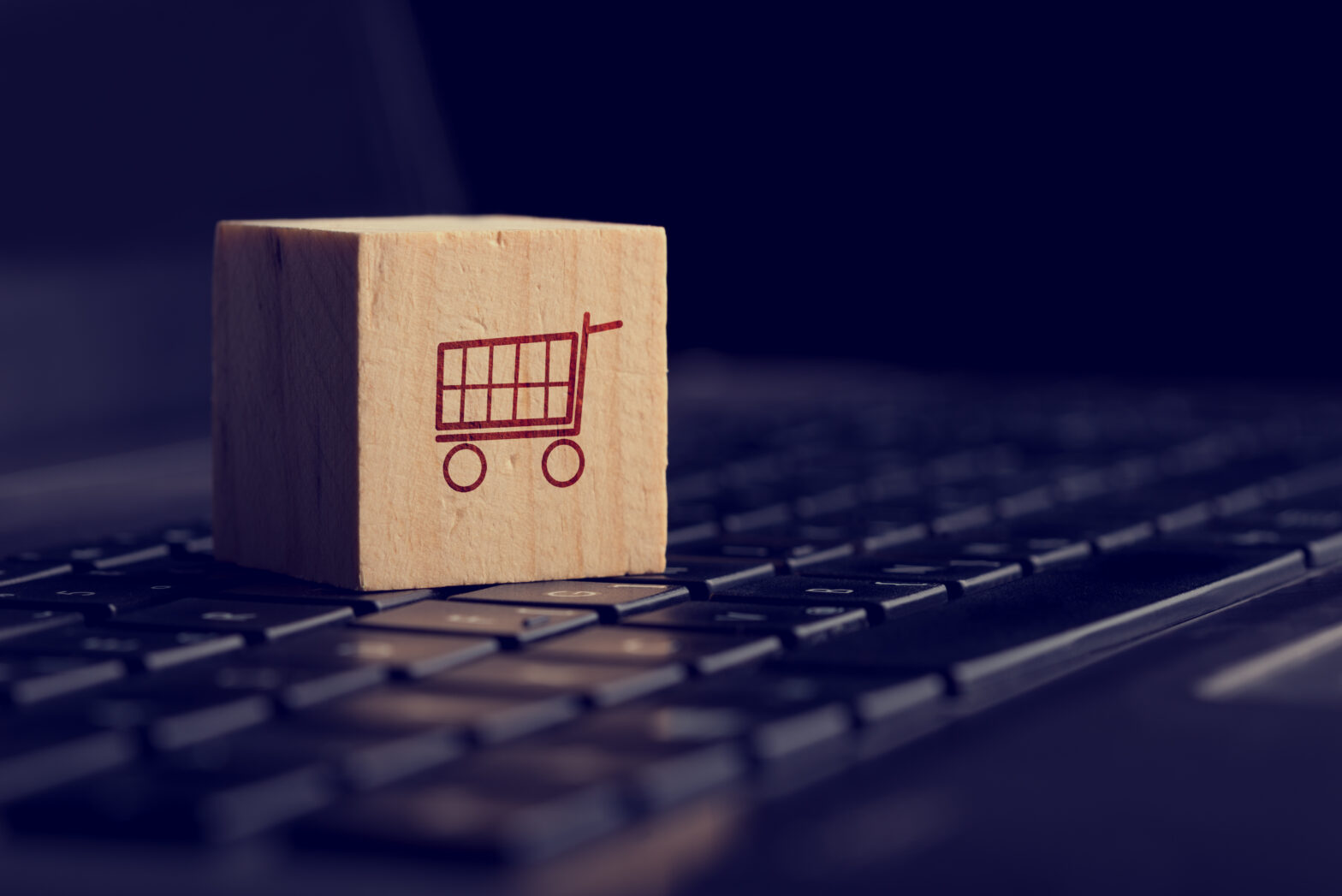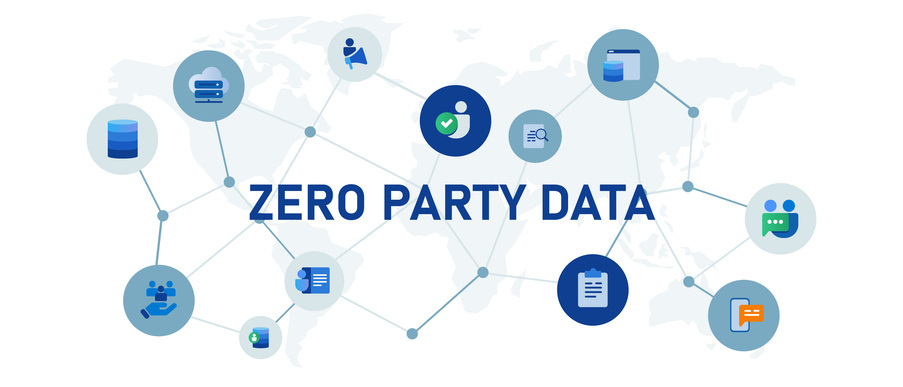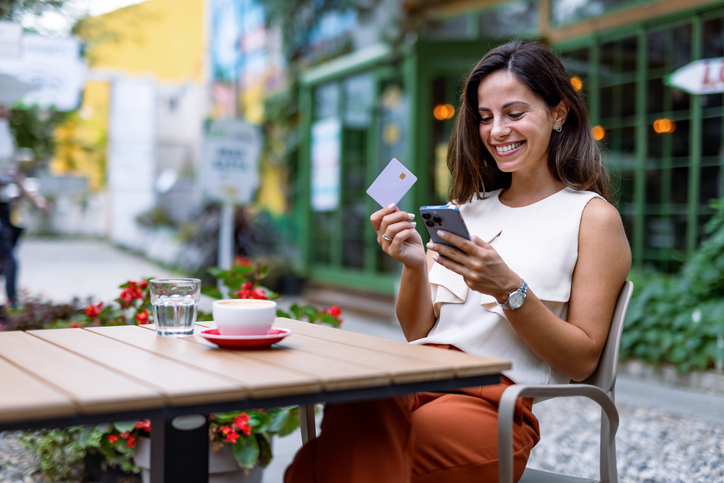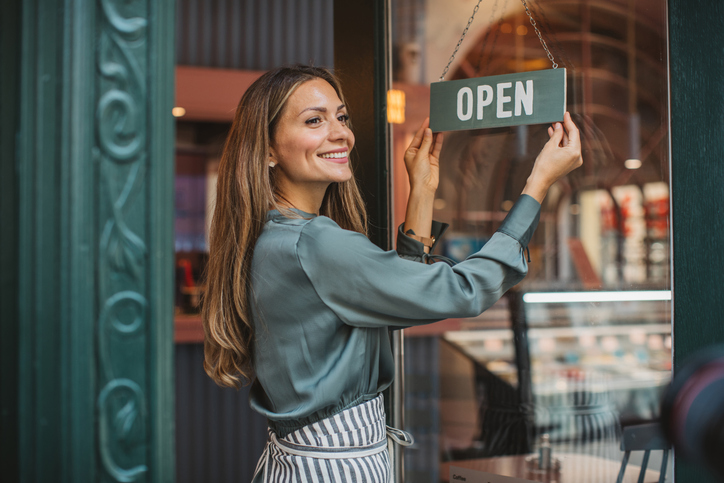By the end of next year, cash will no longer be Britain’s most frequently used payment method. Online sales topped £130 billion last year and contactless transactions rose 121.9 per cent over the year from April 2016-17. Meanwhile, shopping habits are key, with growth in mobile shopping on tablets and smartphones outstripping overall spending online by four to one in the UK.
Customers don’t just want to pay in new ways, they want to shop differently too. The growth of smartphones for online shopping is a prime example of this. Today, one in six millennials browse for purchases on their smartphone every day. The average consumer is now willing to spend up to £84 when purchasing on a smartphone; given that for over a third of SMEs the average value of an individual sale is between £10 and £30, this could potentially mean a big boost in sales.
Small businesses need to keep up
While it’s clear customers are eagerly embracing new technology, PayPal’s research reveals that small businesses are not always keeping pace with them. It found that 40 per cent of UK small businesses have never reviewed how they take payments, a third still claim they don’t need an e-commerce site and only 18 per cent have a mobile-optimised website.
But failing to respond to new payment and shopping trends could cost businesses dearly. Two thirds of consumers have admitted abandoning a purchase while shopping online because they couldn’t pay the way they wanted, with more than half doing the same in a physical store for the same reason.
To take full advantage in on this online shopping revolution, it is vital that small businesses address the issue of shopping from mobile devices, as customers currently cite the lack of a mobile-friendly website as their number one frustration when buying online.
Exceeding customer expectations
Fortunately, bridging the gap between customer expectation and what a business can offer needn’t be daunting. There are lots of small changes businesses can make to help them keep up.
As mobile web browsing overtook desktop internet use last year, a first step would be to adapt websites to make them more mobile friendly and easy to use on a smartphone or tablet. No one wants to be pinching the screen to zoom in, or scrolling endlessly to the bottom of a page to find tiny checkout buttons.
Knowing your customer is also vital, so you can fine tune your business practices to make the most of their habits online. For example, you can run promotions on their favourite social channels, send out email offers to coincide with peak mobile shopping times and offer recognisable payment options to give shoppers that extra confidence in their purchases.
For online-first businesses, brand confidence among customers is vital – particularly when, like Prezzybox founder Zak Edwards, you’re selling in over one hundred countries. Edwards explains, ‘Taking a brand that I started in my bedroom global is a lot easier when your payments processor has the simplicity, the reach and the acceptance in the online space. Who hasn’t heard of PayPal?’
Shopping in person
With the rise in popularity of contactless cards (51 per cent of UK shoppers expecting to live a physical cash-free life in the future), it’s important that your customers have that same confidence when shopping in person. NFC-enabled card readers like PayPal Here offer the security and ease of use that today’s consumer rightly expects. What’s more, if you’re a small business already using PayPal, payments are made straight into your bank accounts, instantly putting profits at your disposal.
One business that has really benefited from adopting PayPal Here is Watershed, a surf lifestyle retailer based in Cornwall. Co-founders Jake Patterson and James Wright say it has allowed them to process payments faster while letting them track everything in real time. It has also helped put a stop to fraudulent payments. “Setting up PayPal Here is so easy it’s ridiculous [and] since using PayPal exclusively, we haven’t had a single fraudulent transaction,’ explains Wright.
While the changes in shopping behaviour might seem daunting for small businesses, in reality, it’s an opportunity to make money. Offering customers the choice of how to shop and pay means they spend more, and can help improve efficiencies at the same time. And that’s the magic formula, no matter how big or small your business.
Nicola Longfield is director of small business at PayPal UK.





